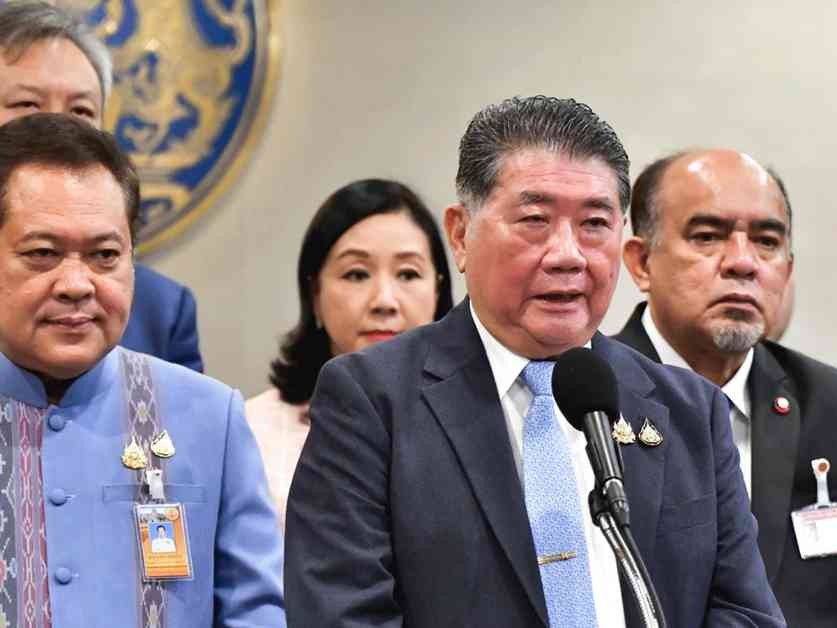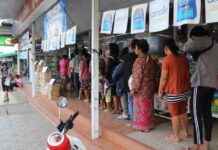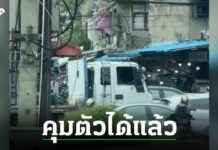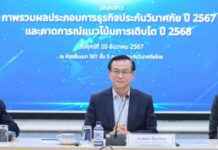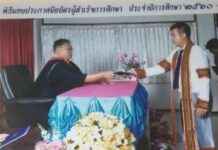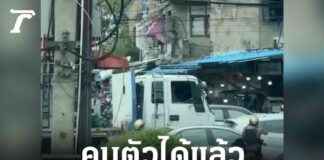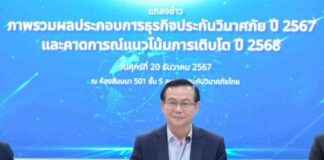Cultural Minister Steps in for Prime Minister in Special Cabinet Meeting
In a significant turn of events, the Cultural Minister, Mr. Poomtham Vechayachai, took on the responsibilities of the Prime Minister in a special Cabinet meeting held today, August 15, 2024. The meeting was called in light of the Constitutional Court’s deliberation on the Prime Minister’s case. Following the meeting, Mr. Poomtham Vechayachai addressed the media, announcing the outcomes of the discussions.
The Cabinet’s first decision was based on the Constitutional Court’s ruling that the Prime Minister’s term had come to an end as per Article 170 (4) of the Thai Constitution. This verdict led to the rest of the Cabinet members being relieved of their positions according to Article 167 (1) of the Constitution. Until a new Cabinet is appointed to take over, the remaining ministers are to continue their duties as prescribed by Article 168 (1) of the Constitution.
Implications of the Cabinet Decisions
The decisions made by the Cabinet have several implications for the government and the country as a whole. Firstly, while the ministers are no longer in their official positions, they are required to continue performing their duties without being considered as caretakers. They will still receive their salaries but are not obligated to declare their assets and liabilities as per the Constitution.
The Cabinet members are tasked with managing the country’s affairs to the best of their abilities, particularly in times of national security threats. They have the authority to declare a state of emergency or martial law if deemed necessary to safeguard the nation’s stability. Additionally, they are expected to uphold their signatures in their respective positions, not as placeholders but as active administrators.
Furthermore, all political appointees made by the former Prime Minister are also relieved of their duties. The committees appointed by the Prime Minister under Article 11 (6) of the Administrative Organization Act and the Deputy Secretary-General of the political sector will continue to operate as usual.
Guidelines for the Interim Cabinet
The interim Cabinet members are bound by certain principles and guidelines in carrying out their responsibilities. Policies that require the approval of the new Cabinet should not be considered by the current ministers. Urgent matters or ongoing issues should be addressed promptly and efficiently to ensure continuity in governance.
Moreover, there are specific protocols related to the Cabinet’s functions, as outlined by Mr. Wisanu Krua-ngam, which will be explained in detail to the media and the public in the coming days.
As the nation navigates through this transitional period, it is crucial for the interim Cabinet to uphold the rule of law, maintain stability, and prioritize the welfare of the citizens. The decisions made in the special Cabinet meeting will shape the course of governance in the immediate future and set the tone for the political landscape in Thailand.
